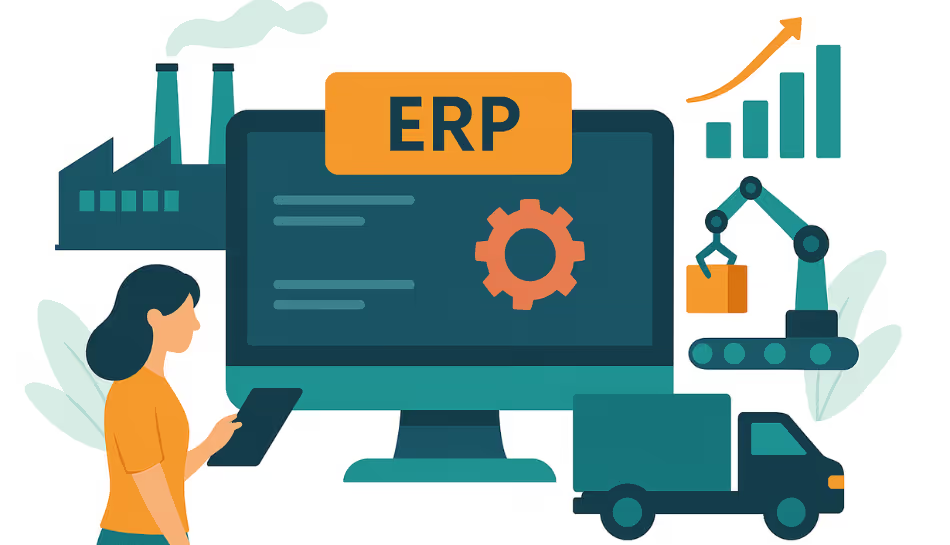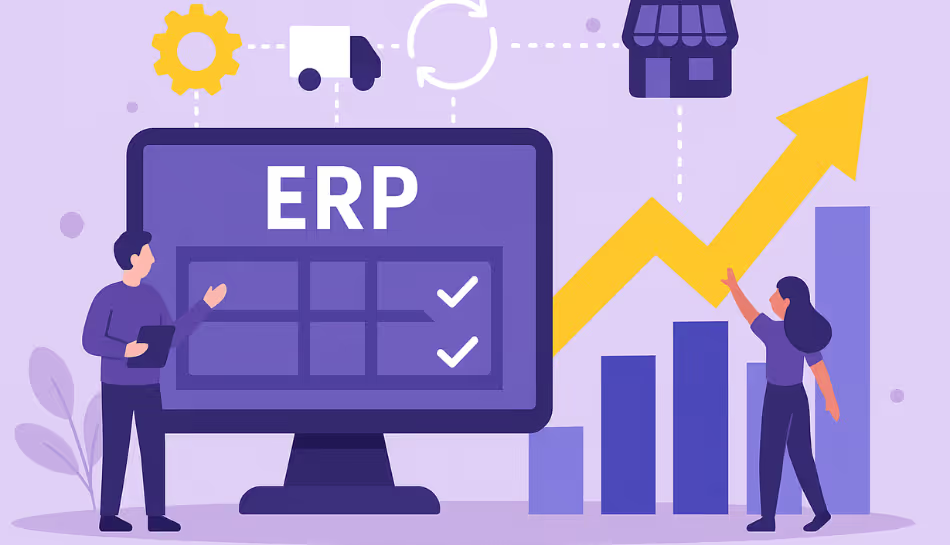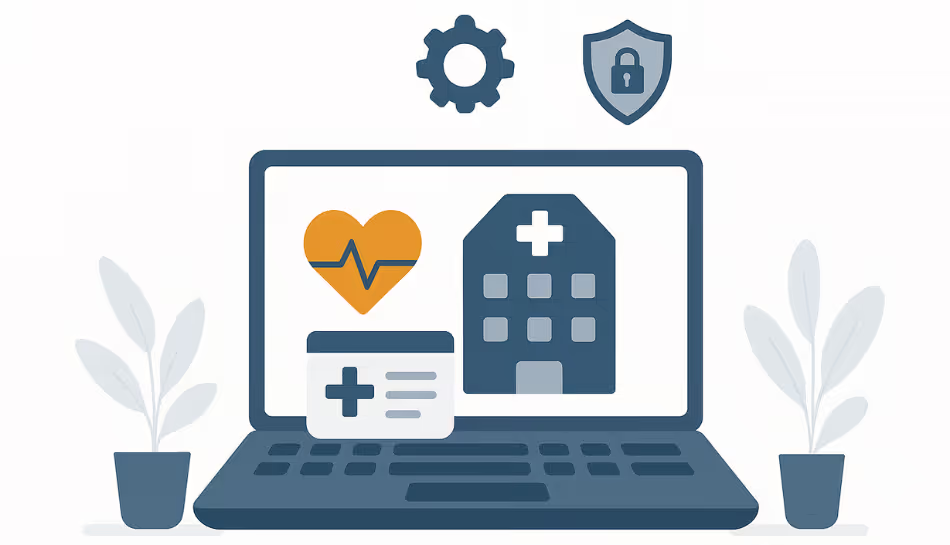Enterprise Resource Planning (ERP) software is no longer just a back-end system for large corporations. Today, industry-specific ERP solutions are helping businesses across different sectors improve efficiency, reduce errors, and stay competitive.
From factories to hospitals, logistics firms to retail chains, customized ERP tools are designed to meet the exact needs of different industries. If your business is still using a generic system or juggling multiple disconnected apps, it may be time to explore a tailored ERP solution that understands your business inside out.
Why Industry-Specific ERP Software Matters
Every industry has its own workflows, compliance needs, and customer expectations. A manufacturing company, for example, needs real-time production tracking, while a hospital requires patient record management and regulatory reporting.
A generic ERP system may offer standard modules, but it won’t go deep into what your business really needs. On the other hand, industry-specific ERP software is built with your challenges and goals in mind.
Benefits of Industry-Specific ERP Systems
Get access to features tailored to your operations, like manufacturing ERP modules for inventory, bill of materials, and shop-floor management, or healthcare ERP tools for scheduling, billing, and patient data.
Since the system is pre-designed for your industry, setup is quicker and easier. No need to build everything from scratch.
Whether it’s food safety standards, hospital regulations, or logistics documentation, your ERP will help you stay compliant automatically.
Industry-specific ERPs are designed to grow with your business, so you can add more users, processes, or locations as you expand.
Industry-Wise ERP Examples
Let’s look at how industry-specific ERP software is used across different sectors:
ERP for manufacturing companies includes tools for:
- Production planning
- Material requirements
- Inventory control
- Quality checks
- Equipment maintenance
This is crucial for keeping machines running smoothly and delivering products on time.
2. Healthcare ERP
Hospitals and clinics use ERP to manage:
- Patient records
- Appointments and billing
- Staff scheduling
- Compliance reporting
An effective healthcare ERP improves both administrative efficiency and patient care.
3. Logistics ERP Software
Logistics companies rely on ERP systems to:
- Track shipments
- Manage warehouses
- Optimize routes
- Handle customs and compliance
ERP systems for logistics keep goods moving while reducing costs and delays.
4. Apparel ERP Software
Fashion and textile industries use ERP to manage:
- Style and size variants
- Material sourcing
- Order customization
- Order customization
5. Food & Beverage ERP
Food companies need strict control over:
- Expiry dates
- Batch and lot tracking
- Recipe management
- Food safety compliance
ERP for the food and beverage industry ensures quality, safety, and timely deliveries.
6. Construction ERP
Construction firms benefit from ERP features like:
- Job costing
- Budgeting
- Subcontractor management
- Project progress tracking
7. ERP for Retail Industry
Retailers use ERP to manage:
- Point of sale (POS) systems
- Inventory
- Customer data
- Multi-channel sales
8. Automotive ERP
Auto manufacturers and part suppliers need ERP for:
- Assembly tracking
- Vendor coordination
- Inventory and warranty management
Final Thoughts
A generic ERP system might get you started, but it won’t take you far. If you want better results, faster processes, and a system that truly understands your business, then an industry-specific ERP is the way forward.
Whether you’re running a hospital, a factory, or a logistics network, there’s a solution designed just for your needs. Choosing the right ERP can transform how your business operates, and set you on the path to long-term success.



